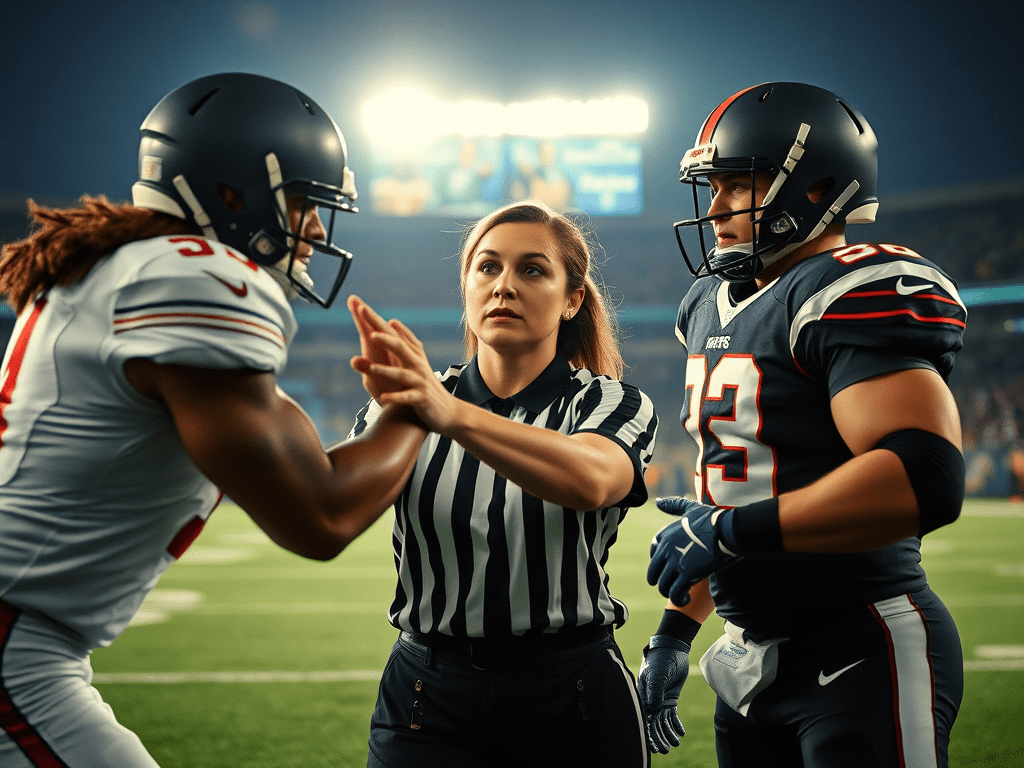Conflict is an inevitable part of human interaction, especially in diverse and dynamic environments. As a result, conflict resolution is an incredibly valuable skill. Becoming adept at resolving disputes can be life changing as our acquired skills alter the way we navigate challenges, build relationships, and foster collaboration.
Experts in conflict resolution understand that every disagreement presents an opportunity for growth, learning, positive change, constructive outcomes, deeper understanding, and enhanced relationships.
Identifying your strengths and areas for improvement in conflict resolution can help you to prioritize personal development that will lead to stronger relationships and increase the odds of your personal and professional goals.
Start With a Conflict Resolution Self-Assessment
As with most personal growth and professional development initiatives, it’s a good idea to start with a self-assessment.
Here are some ideas to get you thinking about your own conflict resolution capabilities:
- Assess your ability to navigate conflicts, maintain composure, and engage in productive dialogue to reach resolutions.
- Evaluate your negotiation skills, including your ability to express your needs while considering the needs of others.
- Consider how you react when a conflict arises and how you express yourself in those situations.
- Identify patterns, triggers or behaviors that can be effectively modified to achieve more constructive outcomes.
- Reflect on your ability to identify the core issues that underlie a conflict. Identifying the source of conflict can guide your efforts, allowing you to frame the problem and find a solution that addresses all parties’ needs.
To further this process, you may find self-assessment tools designed to evaluate conflict resolution, communication, and problem-solving capabilities are helpful.

These tools can raise your awareness of your own strengths and areas for improvement; the information obtained can help you develop your conflict resolution skills.
Conflict resolution is an acquired skill that can be honed through continuous assessment and learning.
Get Your Own Conflict Resolution Workbook
Essential Strategies for Conflict Resolution Mastery
There are several primary strategies that help us to be more successful as we seek to resolve disputes and overcome conflict. Taking care to attend to these strategies can help set the stage for productive dialogue.
1. Active Listening
Active listening involves fully concentrating, understanding, responding, and remembering what is being said.
By actively listening, you demonstrate empathy and gain a deeper understanding of the other person’s viewpoint, feelings, and needs.
Empathy allows you to relate to others’ emotions and perspectives, fostering a more compassionate and effective resolution process.
2. Communication and Clarification
Clear and open communication is essential for navigating conflict.
Expert conflict resolution practitioners know how to communicate their own perspectives effectively while seeking clarification on others’ viewpoints.
This open and respectful dialogue fosters mutual understanding and lays the groundwork for resolution.
3. Patience and Emotional Regulation
In heated situations, maintaining patience and emotional regulation is critical.
Experts in conflict resolution understand the importance of staying calm, composed, and rational.
By managing their own emotions and reactions, they create a positive and safe environment for resolution.
4. Collaboration and Win-Win Solutions
Seeking collaborative solutions that benefit all parties involved is a hallmark of conflict resolution.
By brainstorming and exploring various options, experts find creative, win-win solutions that address the needs and interests of all parties.
Mastering conflict resolution often involves serving as a neutral mediator or facilitator.
Experts in this field are skilled in guiding the resolution process, ensuring fairness, and helping parties reach an agreement without bias.
5. Conflict Analysis and Problem-Solving Skills
Conflict resolution may require the ability to analyze the root causes of conflicts and apply sound problem-solving skills to address underlying issues.
By identifying and addressing core concerns, resolutions become more sustainable.
6. Building and Maintaining Relationships
Conflict resolution experts focus on not only resolving immediate conflicts but also on building and maintaining strong, respectful relationships.
This long-term approach contributes to a positive and harmonious environment in the face of future challenges.
Find More Conflict Resolution Resources
The Impact of Conflict Resolution Expertise
Becoming an expert in conflict resolution requires continuous learning and improvement.
Mastering these skills can lead to enhanced teamwork, improved communication, and a more positive work or personal environment.
By becoming an expert, you will be able to resolve conflicts more effectively. You will also become more impactful in fostering a culture of understanding, collaboration, and growth.
As you hone your skills, you will become a catalyst for positive change and a valued resource in navigating both personal and professional conflicts.
Thank you as always for reading.
If you haven’t yet subscribed, please visit KindCompassCoach and enter your email address so you never miss a post.
As Amazon Associates, we may receive a small commission (at no cost to you) for items purchased through links in this post.

Joan Senio is the founder of KindCompassCoach. Joan’s career includes clinical healthcare plus 20+ years as an executive in a nationwide health care system and 15 years as a consultant. The common threads throughout Joan’s personal and professional life are a commitment to non-profit organizations, mental health, compassionate coaching, professional development and servant leadership. Joan has had the privilege of mentoring early and mid-career professionals as well as current and future executives and leaders. She is a member of the International Organization of Life Coaches, serves as a thought-leader for KuelLife.com and is also a regular contributor to PsychReg and Sixty and Me. You can read more about Joan here: Joan Senio.





No Responses